1976 Ford Gran Torino Starsky And Hutch For Sale – Acquiring an established business can provide a head start in terms of customer relationships, operational systems, and brand recognition. But even as we wrestle with the implications of living in a world where everything is for sale, we also see that this reality is not entirely negative. Additionally, many second-hand items are still in excellent condition, having been gently used or well-maintained by their previous owners, further enhancing the appeal of these products. This ensures that the product is fully functional and free of defects, providing peace of mind for buyers. From the most trivial items in a dollar store to the most precious works of art in a museum, everything can be assigned a price. The market for second-hand goods is also influenced by societal trends and economic conditions. The appeal of finding a hidden gem, something that has been cherished by someone else and is now available for a new owner, is a part of the allure of second-hand goods. However, buying a business is not a decision to be taken lightly. But what about the intangible things? Can memories be bought? Can feelings, emotions, or connections be traded? In a sense, many people would argue that in today’s world, even the intangible is up for grabs. While the sale of a business can provide a valuable opportunity for both parties involved, it also carries risks. These generations are more aware of the environmental impact of fast fashion, disposable goods, and the need to adopt more sustainable practices. These platforms provide a convenient way for sellers to connect with potential buyers, set their prices, and arrange for shipping or pick-up. The sale agreement will include details about the purchase price, payment terms, assets being transferred, and any contingencies that may apply. As society has evolved, the scale of production has expanded, and many quality goods are now mass-produced or distributed through large retail chains. Sellers often find themselves in a strange position, balancing the emotional attachment to the item with the rational need to let it go. These goods, once owned and used by someone else, offer a unique opportunity for both sellers and buyers to exchange items that might otherwise go unused. It involves an in-depth understanding of the business’s financials, operations, and market position. In a circular economy, items are kept in use for as long as possible, reducing the need for new resources and minimizing environmental harm. The focus on longevity and reliability is what sets these goods apart from their mass-market counterparts. In conclusion, second-hand goods for sale represent more than just a financial transaction; they embody a shift toward sustainability, individuality, and social responsibility.
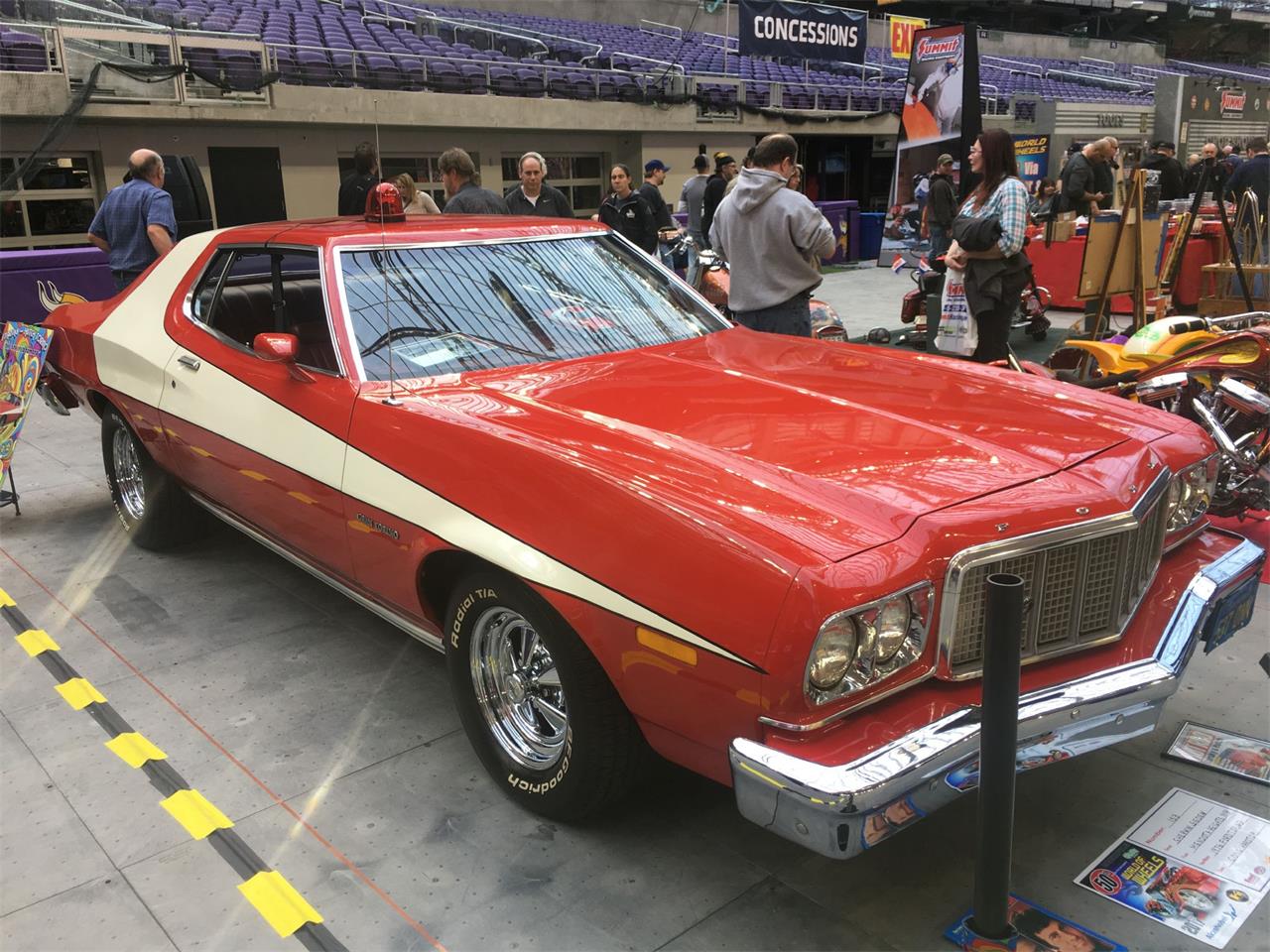
1976 Ford TORINO STARSKY AND HUTCH for Sale CC968683
Deals of the dayshop best sellersread ratings & reviewsfast shipping
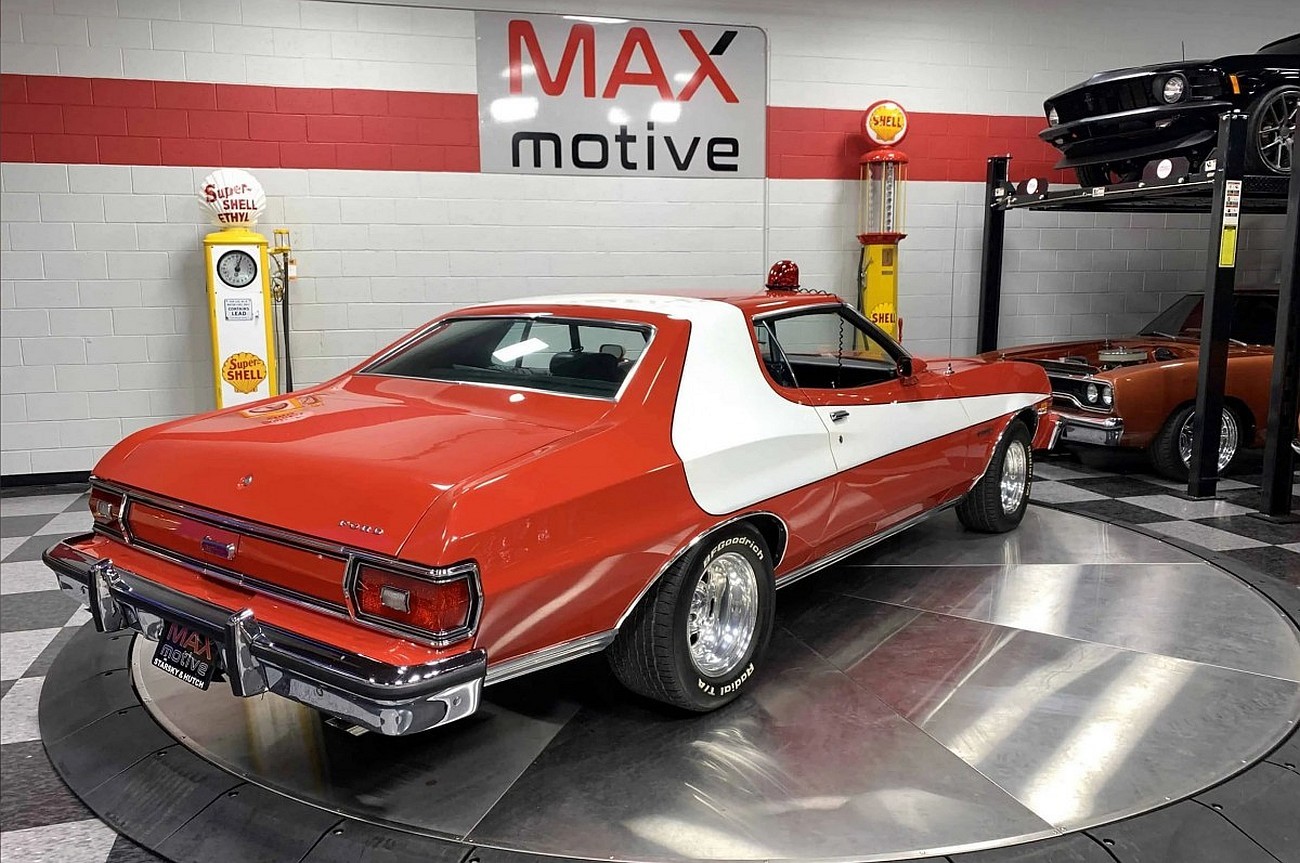
1976 Ford Gran Torino Featured in "Starsky & Hutch" Is Up for Sale
Deals of the dayshop best sellersread ratings & reviewsfast shipping
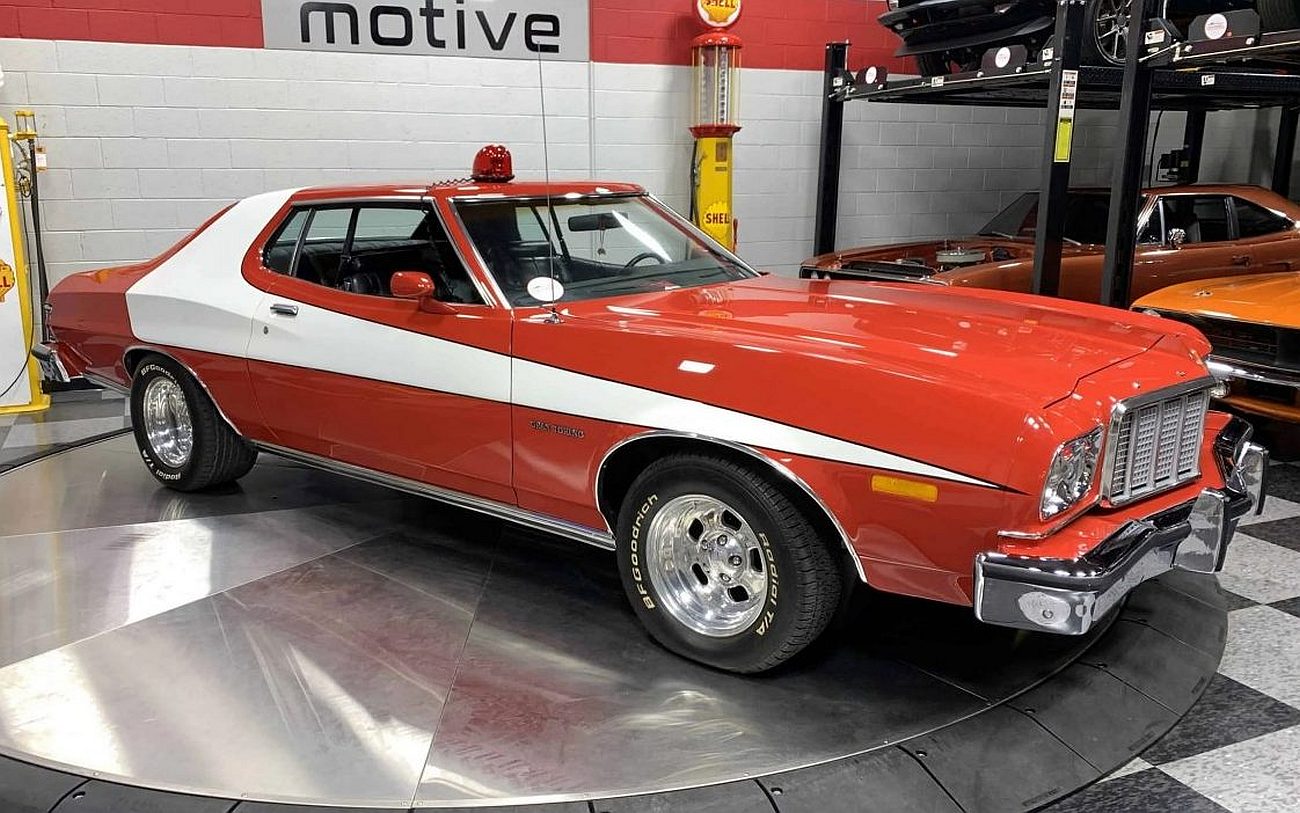
1976 Ford Gran Torino Featured in "Starsky & Hutch" Is Up for Sale
Deals of the dayshop best sellersread ratings & reviewsfast shipping
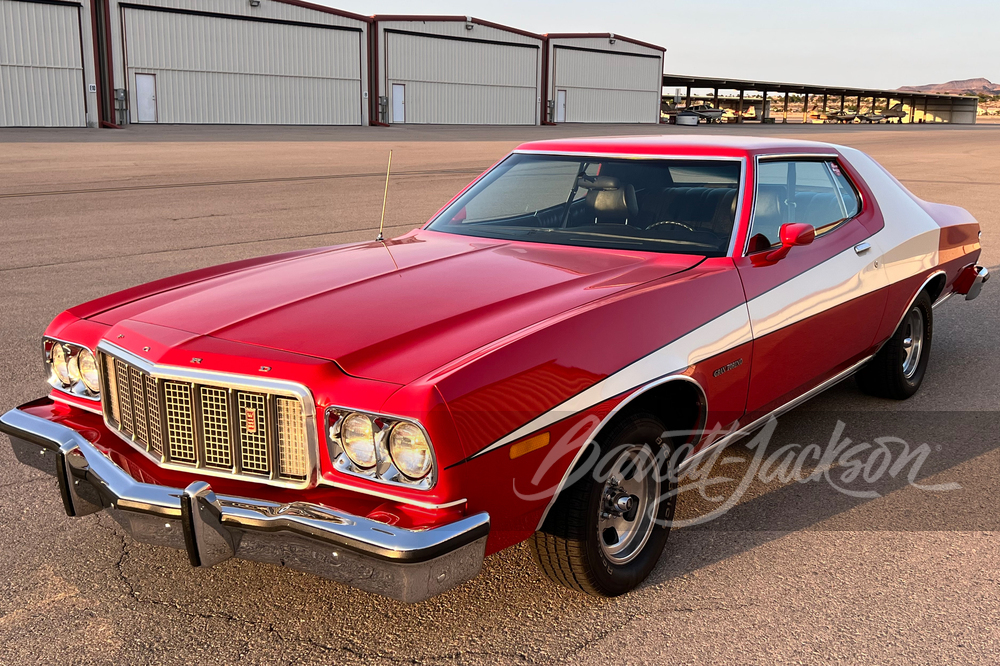
1976 FORD GRAN TORINO "STARSKY AND HUTCH" RECREATION Front 3/4 258593
Deals of the dayshop best sellersread ratings & reviewsfast shipping
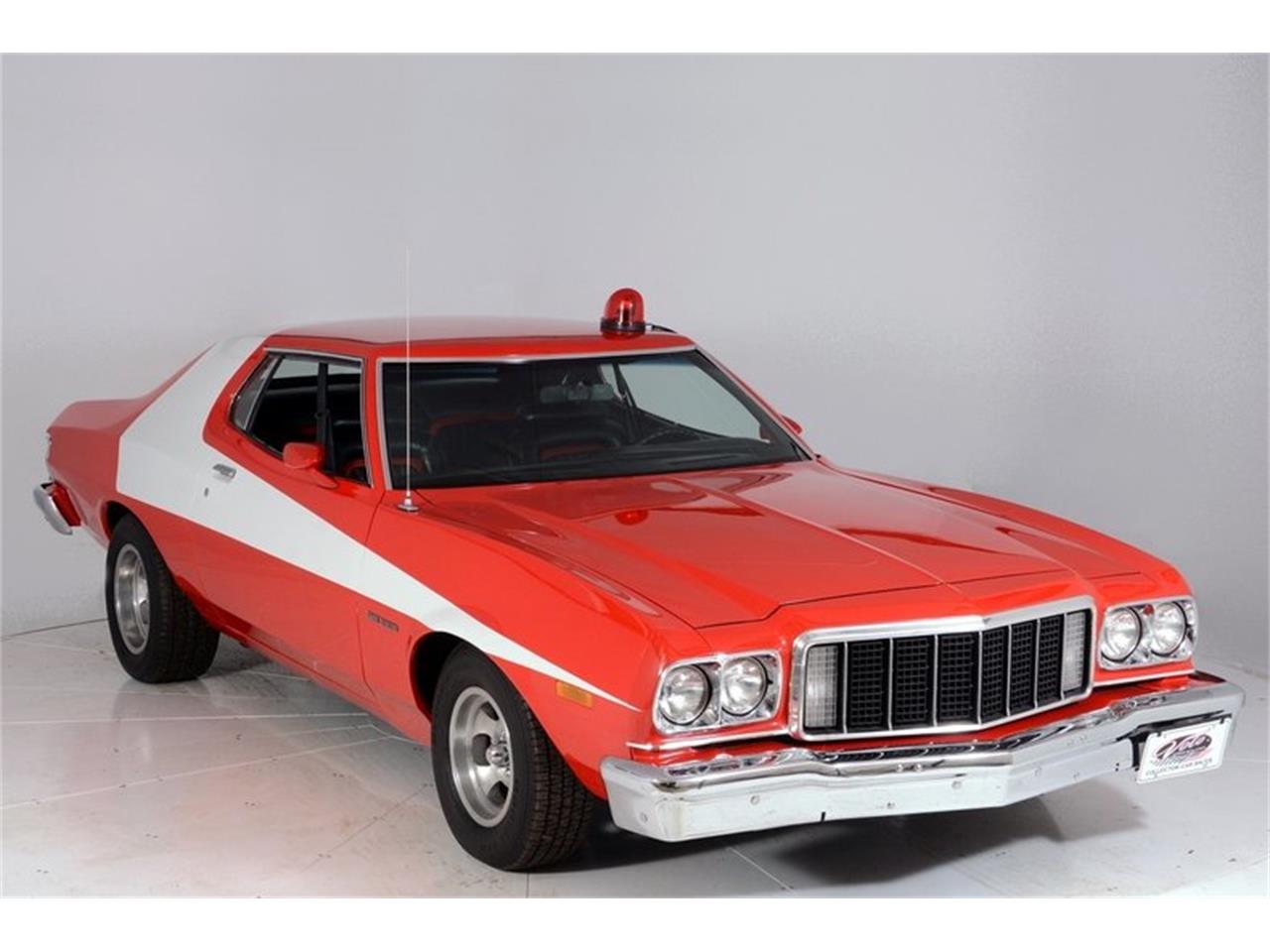
1976 Ford Torino Starsky & Hutch for Sale CC931974
Deals of the dayshop best sellersread ratings & reviewsfast shipping
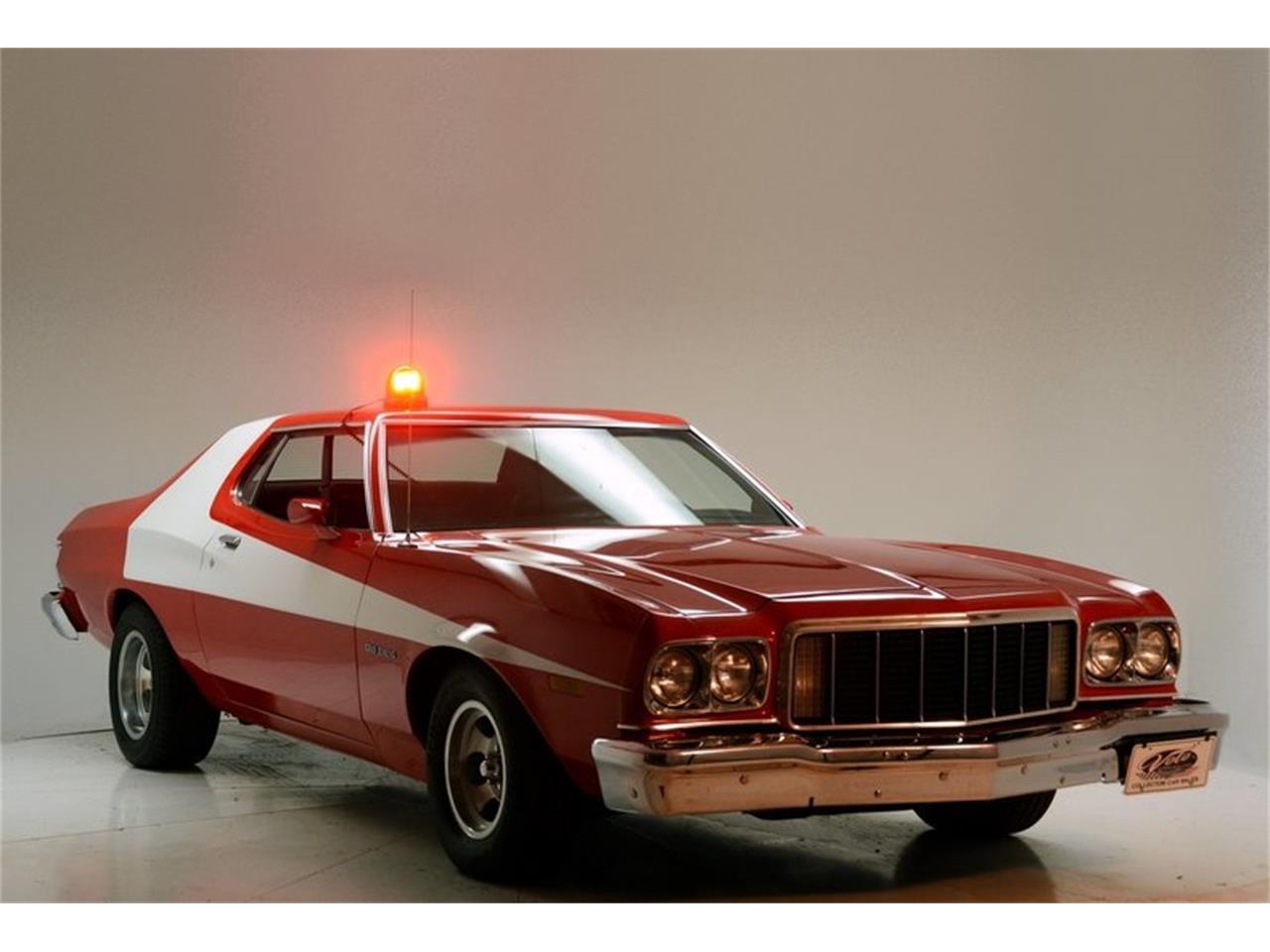
1976 Ford Torino Starsky & Hutch for Sale CC931974
Deals of the dayshop best sellersread ratings & reviewsfast shipping
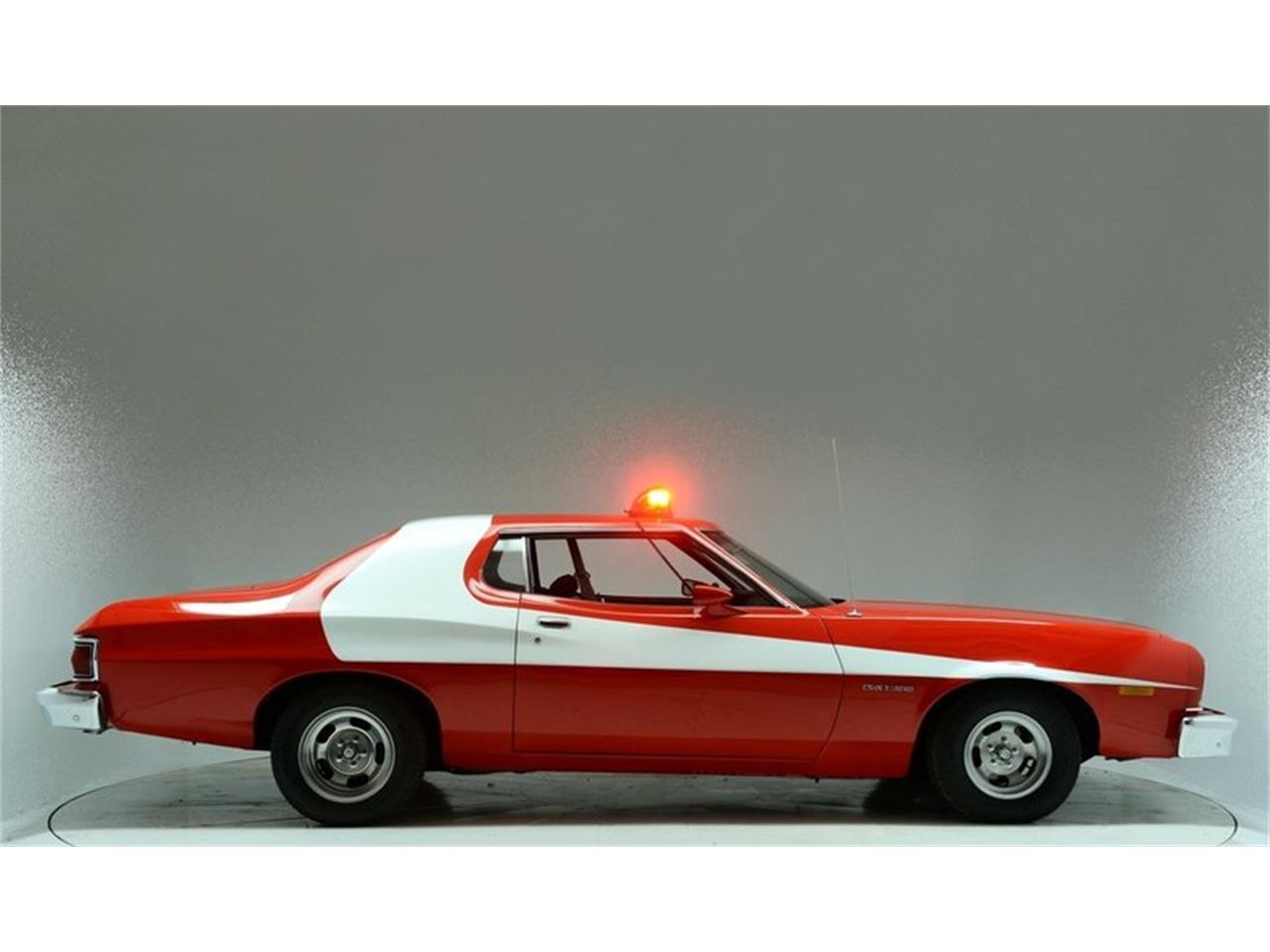
1976 Ford Torino Starsky & Hutch for Sale CC931974
Deals of the dayshop best sellersread ratings & reviewsfast shipping

1976 Ford Torino Starsky & Hutch for sale at Volo Auto Museum (V20126
Deals of the dayshop best sellersread ratings & reviewsfast shipping

Hit The Beat In This 'Starsky & Hutch' 1976 Ford Gran Torino Motorious
Deals of the dayshop best sellersread ratings & reviewsfast shipping

1976 Ford Gran Torino Starsky & Hutch VIN 6G30
Deals of the dayshop best sellersread ratings & reviewsfast shipping
Are there things that should be kept beyond the realm of trade? Or has the marketplace — with its insatiable demand and promise of exchange — seeped into every facet of our being?
If everything is for sale, then the concept of value itself becomes fluid, subjective, and often manipulated. The production of new goods often requires significant resources, such as raw materials, energy, and labor, while also generating waste and contributing to pollution. People are increasingly looking for quality over quantity, preferring items that are durable, timeless, and well-made. The process of selling it can be seen as a form of letting go, a recognition that the future may look different from the past, but that doesn’t diminish its importance or value. The most obvious benefit is the cost savings. Unlike starting a business from scratch, which requires time to build a reputation and establish market credibility, buying an existing business means stepping into an environment where some of the groundwork has already been done. In some cases, buyers may also acquire businesses with existing intellectual property, such as patents, trademarks, or proprietary technologies, which can offer a competitive edge in the market. When we begin to view everything through the lens of commerce, it’s easy to lose sight of the things that make life worth living — the moments that aren’t for sale, the experiences that can’t be bought. The growing appeal of second-hand goods is also tied to a growing awareness of environmental issues. Whether it’s the smooth finish of a well-polished wooden table or the satisfying feel of a perfectly balanced knife in your hand, quality goods evoke a sense of pride in their ownership. For those on a budget or looking to stretch their money further, second-hand markets provide an opportunity to purchase goods that would otherwise be out of reach. Just as with material possessions, when a person is “for sale,” they put their value on display for others to assess. On the other, there’s the challenge of assessing the true value of a business, navigating the complex negotiations, and ensuring that the business is a sound investment in terms of both its financial health and its long-term viability. These professionals help connect buyers with sellers, ensuring that both parties are well-informed and that the transaction process is as smooth as possible. There is also a growing trend of online platforms that facilitate the buying and selling of businesses. However, there’s also an argument to be made that, over time, quality goods are often more economical in the long run. Despite the many advantages of buying and selling second-hand goods, there are some challenges that both buyers and sellers must navigate. This has opened up new opportunities for small businesses to thrive and for consumers to access unique, well-made items that they might not have encountered otherwise. The items placed for sale are not merely commodities; they are often vessels of memories, symbols of past achievements, or representations of something bigger than the price tag they carry. The online second-hand market has also made it possible for people to buy and sell niche items that may not be available in local stores.
The growing interest in second-hand goods can also be attributed to shifting cultural attitudes toward consumption. The materials, labor, and expertise that go into crafting these items naturally make them more expensive. There is also a growing trend of online platforms that facilitate the buying and selling of businesses. In conclusion, quality goods for sale represent the best that craftsmanship, design, and functionality have to offer. Their inherent value comes not only from their physical characteristics but also from the values of durability and sustainability. The second-hand market is not just about saving money; it’s about embracing a more sustainable, mindful way of consuming that values reuse, repurposing, and the stories behind the items we choose to keep. A well-made product simply performs better. This ensures that the product is fully functional and free of defects, providing peace of mind for buyers. For those on a budget or looking to stretch their money further, second-hand markets provide an opportunity to purchase goods that would otherwise be out of reach. These platforms have also made it easier for individuals to sell their own pre-owned goods, turning unused or unwanted items into cash. The idea of being “for sale” also touches on larger cultural and societal themes. The advent of these online platforms means that consumers can hunt for items they might have otherwise overlooked or been unaware of, sometimes at a fraction of the original cost. Buyers can often filter search results by price, condition, and location, making it easier to find the best deals. Whether it’s vintage clothing, antique furniture, or used luxury watches, second-hand goods offer an opportunity for buyers to find quality items that are no longer available in stores. The artist who created it may have one understanding of its worth, while a collector may see it as a valuable investment, and a casual admirer might simply appreciate its beauty without considering its monetary value. A piece of furniture, for instance, may hold sentimental value simply because it’s been in the family for generations. The concept of quality, however, is not a one-size-fits-all. It’s a constant negotiation, where both parties seek to align their perceptions of worth and reach an agreement that satisfies both sides. When someone talks about purchasing quality goods, they are likely thinking of items that have been designed to last, to provide a superior experience, and to offer a sense of value far beyond the initial cost. But what about the intangible things? Can memories be bought? Can feelings, emotions, or connections be traded? In a sense, many people would argue that in today’s world, even the intangible is up for grabs.